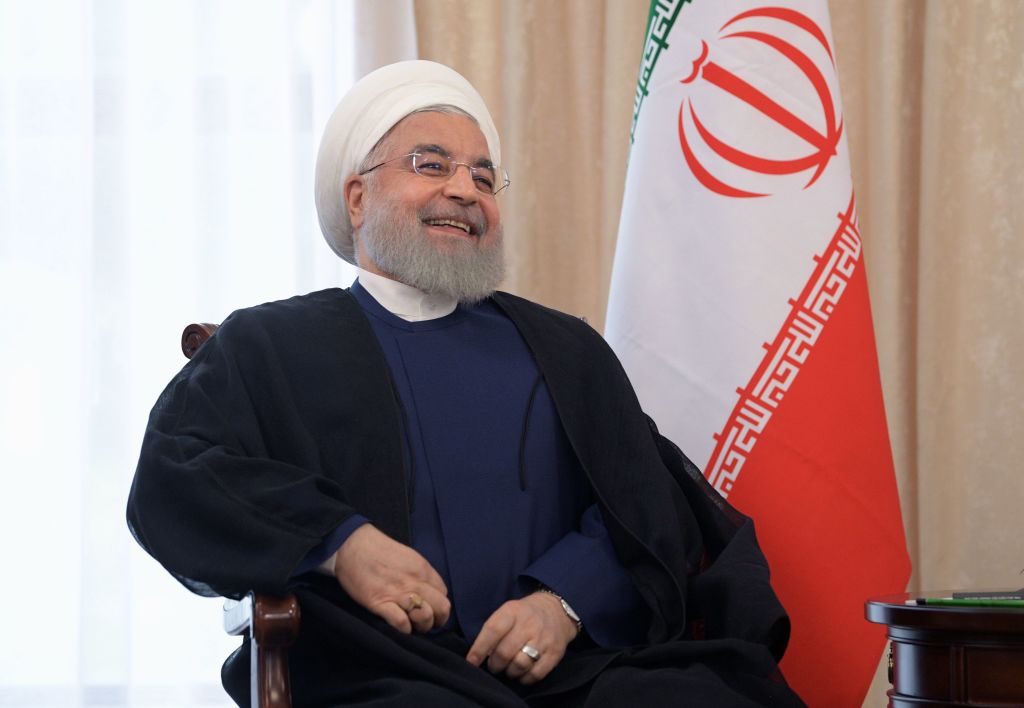‘Great Minds discuss ideas; average minds discuss events; small minds discuss people.’ (Eleanor Roosevelt)
The essay which follows is about ideas, not people, for people – now more than ever – no matter what office they may hold, have far less agency than they imagine. It is ideas that change the world. Accordingly, the discussion below is not meant to constitute advice to any particular individual and should not be construed as such. The fact that a crisis in our diplomatic relations with Iran should have synchronised with a school chum’s appointment as Prime Minister is happenstance. To those trolls on Twitter who would wish to put a different spin on the facts, I refer them to the above quotation and can assure them that their hang ups will always be to me a matter of the most sublime indifference.
The year is 1964 and, at the behest of the United States and with the blessing of the Shah, Iran’s Parliament has approved a Bill granting American military advisers, their families and their support staff diplomatic immunity, prompting perhaps the most celebrated of Ayatollah Khomeini’s sermons, one that led to his exile a few days later and to the train of events that would end in revolution:
‘Does (the Iranian nation) know what crime has occurred surreptitiously?… Does it know that the Assembly, at the initiative of the government, has signed the document of the enslavement of Iran? It has acknowledged that Iran is a colony… By this shameful vote, if the Shah should run over an American dog he would be called to account but if an American cook should run over the Shah, no one has any claims against him… The misfortunes of Islamic countries have come from the interference by foreigners in their destinies.’
Clearly, the rhetoric is at least at...

Get Britain's best politics newsletters
Register to get The Spectator's insight and opinion straight to your inbox. You can then read two free articles each week.
Already a subscriber? Log in






Comments
Join the debate for just $5 for 3 months
Be part of the conversation with other Spectator readers by getting your first three months for $5.
UNLOCK ACCESS Just $5 for 3 monthsAlready a subscriber? Log in